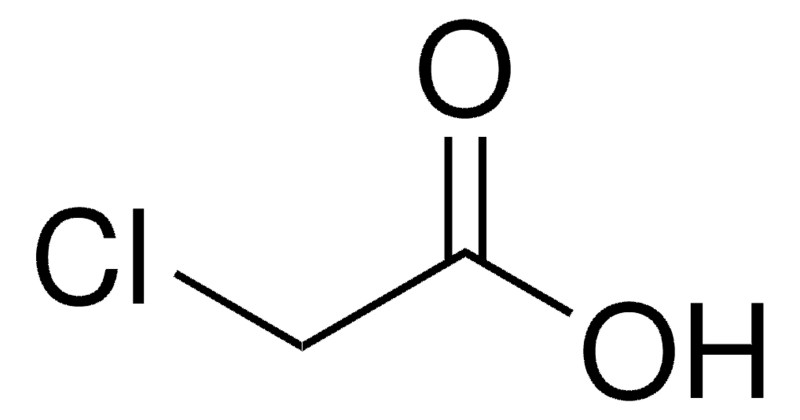Blood Based Biomarkers: Revolutionizing Disease Diagnosis and Treatment
The days of invasive tissue biopsies as the only way to detect disease or monitor treatment response may soon be over. A new generation of blood based biomarkers is providing valuable medical insights in a truly minimally invasive way. Let’s take a deeper look at this exciting area of medicine.
What are Blood Based Biomarkers?
Biomarkers are biological molecules found in blood, other body fluids, or tissues that are indicators of normal or abnormal processes occurring in the body. Traditional tissue biomarkers require surgical biopsies or other invasive procedures to obtain samples. Blood based biomarkers analyze circulating proteins, nucleic acids like DNA and RNA, metabolites, exosomes and other components in a simple blood draw. They provide a “liquid biopsy” approach to non-invasively detect and monitor diseases.
Potential Uses in Cancer Management
Cancer management is one area that could hugely benefit from blood based biomarkers. Currently, cancer diagnosis relies on invasive tumor biopsies followed by imaging to stage and monitor disease. Liquid biopsies offer an alternative by detecting circulating tumor cells, nucleic acids like tumor DNA, and exosomes shed from tumors into the bloodstream. This allows:
– Early cancer detection by identifying molecular changes before tumors are detectable on imaging
– Guiding treatment decisions by profiling tumor mutations without additional biopsy procedures
– Monitoring treatment response and detecting relapse through serial blood tests
– Tracking tumor evolution and emergence of drug resistance over time
Several blood based biomarker tests for cancers like breast and lung cancer are already FDA approved or in late stage clinical trials. Widespread adoption promises more timely diagnoses, personalized treatments and improved outcomes.
Cardiovascular Disease Applications
Cardiovascular disease remains the leading cause of mortality globally. While imaging and invasive procedures diagnose acute conditions like heart attacks, blood tests could enable inexpensive population-wide screening and management of risk factors. For example, blood levels of:
– hsCRP indicate inflammation underlying atherosclerosis and future cardiac events
– Lp-PLA2 reflect vulnerable plaque formations predisposing to heart attacks
– NT-proBNP points to heart failure when elevated
Monitoring these biomarkers longitudinally helps optimize preventive treatments at the primary care level itself.
Neurodegenerative Disorders
Alzheimer’s and Parkinson’s diseases pose massive healthcare challenges as populations age. Blood tests may facilitate earlier and more accurate diagnoses compared to current assessments relying on cognitive evaluations and brain imaging alone. Promising biomarkers being studied includes blood levels of:
– Tau and beta-amyloid proteins linked to Alzheimer’s pathology
– Alpha-synuclein seen in Parkinson’s disease neurons
Serial measurements of such markers could indicate disease progression or response to novel therapies in clinical trials before cognitive changes manifest. This would accelerate the drug development process.
Non-Invasive Prenatal Testing
Prenatal screening traditionally involves invasive procedures like amniocentesis carrying miscarriage risk. Fetal cell-free DNA detection from maternal blood streamlines aneuploidy testing for Down syndrome and other chromosomal abnormalities in a risk-free manner. Examples include the commercial NIPT tests which have transformed prenatal care globally. Expansion to other genetic, metabolic and infectious conditions detectable early in pregnancy could make comprehensive prenatal screening routine.
Challenges in Translation
While blood biomarkers hold immense promise, several challenges must be addressed for clinical application:
– Biological variability requires large, well-phenotyped study cohorts for robust validation of research findings
– Standardization of collection, processing and analytical techniques is essential to create reproducible, high quality assays
– Complex machine learning approaches are needed to parse combinations of markers providing the highest diagnostic accuracy
– Cost effectiveness analyses versus existing methods need to demonstrate health economic benefits
– Regulatory approvals and reimbursement processes take time for integration into routine clinical workflows
The field of blood based biomarkers is advancing at a tremendous pace. With continued discovery efforts, clinical validation studies and technological platform improvements, minimally invasive liquid biopsies may soon transform disease screening, diagnostic decision making, treatment choice guidance and therapeutic monitoring in healthcare worldwide. The benefits of earlier detection and more personalized management could lead to improved outcomes for patients across multiple disease conditions. Though challenges exist, blood biomarkers hold great promise for revolutionizing 21st century medicine.
Note:
1. Source: Coherent Market Insights, Public sources, Desk research
2. We have leveraged AI tools to mine information and compile it




